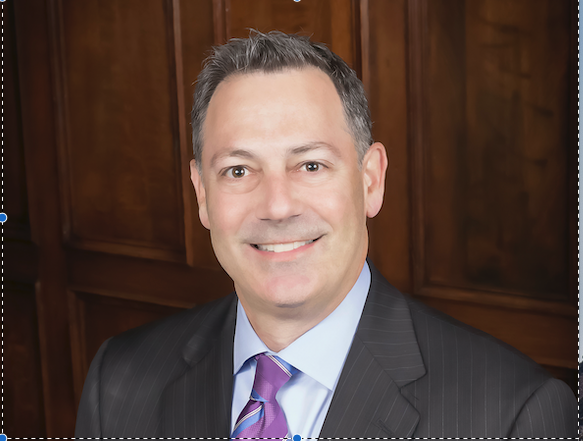
The COVID-19 pandemic has illuminated many challenges facing the nursing home industry, including how to clinically manage and minimize transmission of the disease amid personal protective equipment, testing and staffing shortages. The crisis has also sparked a more fundamental rethinking about how clinical care is delivered to nursing home residents.
For years, healthcare delivery in nursing homes has been largely tradition bound. While individuals with stable care needs can be readily managed, a significant change in a resident’s condition can set off a cascade of challenging events.
It is not uncommon for facilities to transfer residents to hospitals for conditions that are largely preventable or manageable, such as pressure ulcers, urinary tract infections, pneumonia and chronic obstructive pulmonary disease.
Why? Physicians who care for nursing home residents are typically the first to be notified by nursing staff of changes in a resident’s condition, and thus drive much of the care planning and condition management. These physicians often manage heavy patient loads in their own practices, leaving minimal time for rounds in nursing homes or telephone discussions with nursing staff about problems. They may lack confidence in the ability of facility staff to carry out treatment plans. Or they believe that a resident needs tests or interventions that can’t be performed at the facility.
Simply put, care patterns in many nursing homes must change. A fundamental shift in culture — not just incremental steps — is needed to improve care quality and contain costs. This shift can start with helping physicians in post-acute or long-term care to become more comfortable with alternatives to how nursing home care is often delivered today.
One effective strategy is to anchor qualified clinicians at skilled nursing facilities to coordinate patient care. An on-site advanced practice nurse, for example, can ease many challenges physicians face in caring for nursing home residents.
Having a highly trained clinician as an extension of the care team can give physicians greater confidence and peace of mind, and ultimately, lessen reliance on hospital-level care.
Clinical research confirms how an on-site clinical care model can improve care quality while reducing costs. In a recent study, 1 Harvard Medical School researchers found that long-term nursing home residents enrolled in a Medicare Advantage institutional special needs plan (ISNP) with advanced practice clinicians on-site had significantly fewer emergency room visits, hospitalizations and re-admissions, compared with residents covered by a traditional fee-for-service Medicare plan.
After adjusting for demographic differences, the researchers found that, compared with the fee-for-service Medicare group, ISNP members had 38% fewer hospitalizations, 51% lower emergency department use and 45% fewer readmissions. In addition, the study suggested that if traditional Medicare and the ISNP beneficiaries’ use of inpatient, emergency department and skilled nursing facilities were similar, the clinical care model could reduce spending on those services by roughly $1.6 billion annually.
Shifting to evidence-based clinical decision-making can also help change culture. That involves sharing literature, medical research, and data supporting treatment of ambulatory care-sensitive conditions at nursing facilities with physicians.
Providing training to improve attending physicians’ communication skills is also key.
The ability to effectively discuss sensitive topics – advance care planning, goals of care, end-of-life care planning, palliative care and hospice when appropriate – with residents and authorized family members, can help avoid high rates of avoidable hospitalizations.
The COVID-19 pandemic has posed unprecedented challenges across healthcare. It may also bring an opportunity to reevaluate the way we provide care to some of our most vulnerable citizens. Supporting physicians and facilities with additional levels of care, and more evidence-based care, education and transparency may be the key to reducing unnecessary, costly and traumatic hospitalizations and improving outcomes for those we serve.
Sources:
- McGarry BE, Grabowski DC. 2019. Managed Care for Long-Stay Nursing Home Residents: An Evaluation of Institutional Special Needs Plans. American Journal of Managed Care 25(9): 400–405.
Ronald Shumacher, M.D., FACP, CMD, is chief medical officer for Optum Care Services.




